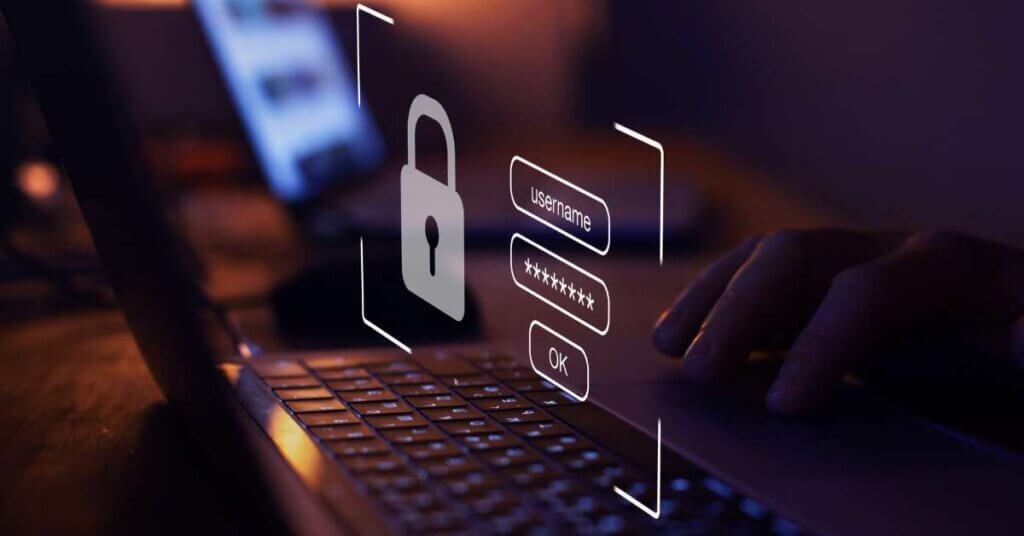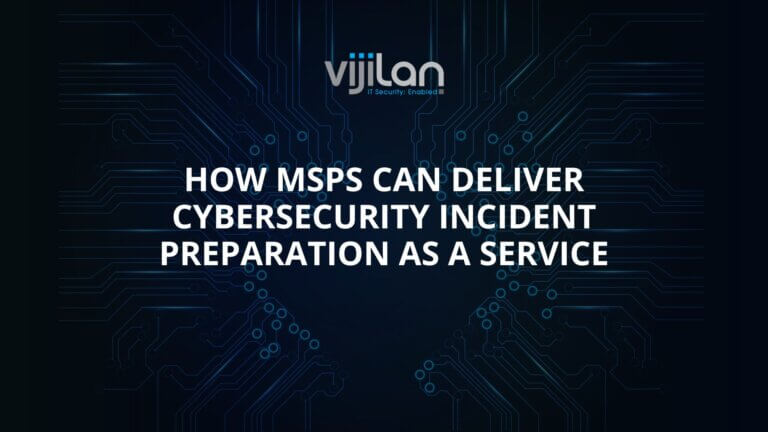The Benefits of Password Security and MFA
In today’s digital landscape, the sheer number of online accounts we manage makes maintaining strong security practices more critical than ever. Cybercriminals are always looking for vulnerabilities, so passwords and multi-factor authentication (MFA) are essential tools for protecting personal and business data. Understanding the benefits of password security and MFA is the key to safeguarding your online presence against increasingly sophisticated cyberattacks.
In this blog, we’ll explore how effective password security and the adoption of MFA can help you reduce risks and add layers of defense that protect against unauthorized access.
1. Enhanced Protection Against Unauthorized Access
The combination of strong passwords and MFA significantly enhances the security of your accounts. A complex, unique password makes it more challenging for attackers to guess or crack your login credentials, while MFA provides an additional layer of verification.
Passwords are the foundation, serving as the gatekeeper for your information. However, in the event that a password is compromised—through phishing, data breaches, or other means—MFA acts as a powerful secondary barrier. MFA requires the user to verify their identity in two or more ways, ensuring that even if a password is compromised, the attacker cannot easily gain access.
2. Reduced Impact of Phishing Attacks
Phishing attacks are one of the most common tactics used by cybercriminals to steal passwords and compromise accounts. These attacks can trick even the most vigilant users into providing credentials through cleverly disguised emails or websites.
The benefit of using MFA is that it can mitigate the impact of these attacks. If an attacker gains access to your password, the lack of the second verification factor (such as an authentication code sent to your mobile device) means they still cannot log in to your account. MFA minimizes the success rate of phishing attempts, providing an essential safeguard against these types of threats.
3. Strengthening Your Business Security
Businesses are prime targets for cyberattacks, and a single compromised password can be enough to bring an organization to a standstill. Password security and MFA help reduce the risk of a data breach, which could result in financial losses, reputational damage, and regulatory fines.
Implementing a company-wide policy that requires strong passwords and enables MFA for all critical systems ensures that unauthorized users cannot easily access sensitive data. It is especially important for protecting email systems, financial information, and cloud services, which are often targeted by attackers.
4. Protecting Personal Data and Privacy
Our online accounts contain a wealth of personal information, from contact details to financial data. Ensuring password security and enabling MFA helps keep this information private, reducing the risk of identity theft and other cybercrimes.
Strong passwords, when used uniquely across accounts, help ensure that if one account is compromised, it doesn’t put others at risk. MFA, on the other hand, ensures that access to personal data is limited to the true account owner, providing greater peace of mind.
5. Boosting Confidence in Your Online Presence
A key benefit of adopting password security and MFA is the confidence it brings to your digital activities. Knowing that your accounts are well-protected allows you to conduct online business—whether shopping, managing financial transactions, or working remotely—without constantly worrying about the potential risk of breaches.
By integrating password managers, following password best practices, and enabling MFA, you create an environment that is much less susceptible to unauthorized access. This level of security enables you to engage with the digital world with fewer fears and greater trust.
6. Compliance and Best Practices for Security Standards
Many industries, such as healthcare and finance, are subject to regulatory compliance requirements that mandate strong authentication methods to protect sensitive information. Incorporating MFA, in addition to enforcing robust password practices, helps businesses meet these compliance standards.
Adhering to best practices, including using MFA, demonstrates a proactive approach to cybersecurity that can benefit customer relationships and increase trust. Customers feel more secure knowing that their data is being handled with the highest level of security in mind, which can improve brand loyalty and business reputation.
Getting Started: How to Implement Password Security and MFA
- Use Complex Passwords: Make passwords at least 12 characters long, including a mix of letters, numbers, and symbols.
- Use a Password Manager: Password managers help you create, store, and manage complex passwords easily.
- Enable Multi-Factor Authentication: Always enable MFA, especially for accounts that store sensitive information. Whether it’s through an app-based authenticator, SMS code, or a hardware key, MFA makes it significantly harder for unauthorized individuals to gain access.
- Educate Employees: In a business setting, educate your employees on the importance of strong passwords and MFA. Make it easy for them to understand and adopt these security practices.
A Multi-Layered Approach to Security
The benefits of password security and MFA cannot be overstated in today’s world of ever-evolving cyber threats. By combining a strong password strategy with MFA, you are effectively adding multiple layers of defense that greatly reduce your risk of a successful attack. Whether you’re securing personal accounts or protecting sensitive business data, this combination is essential for digital security.




